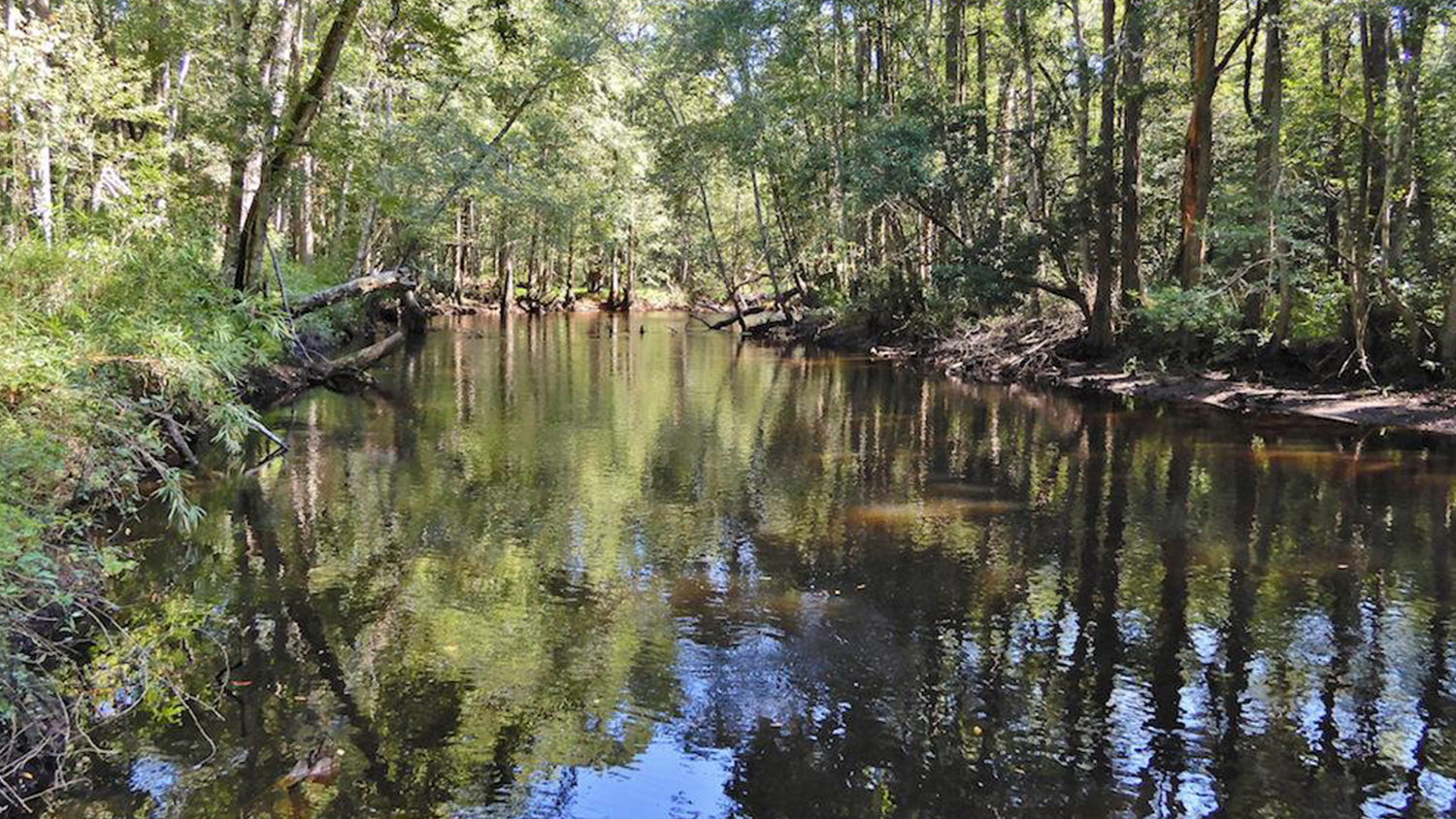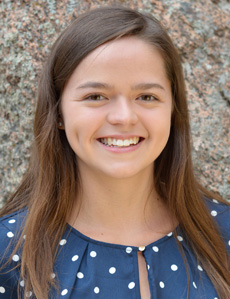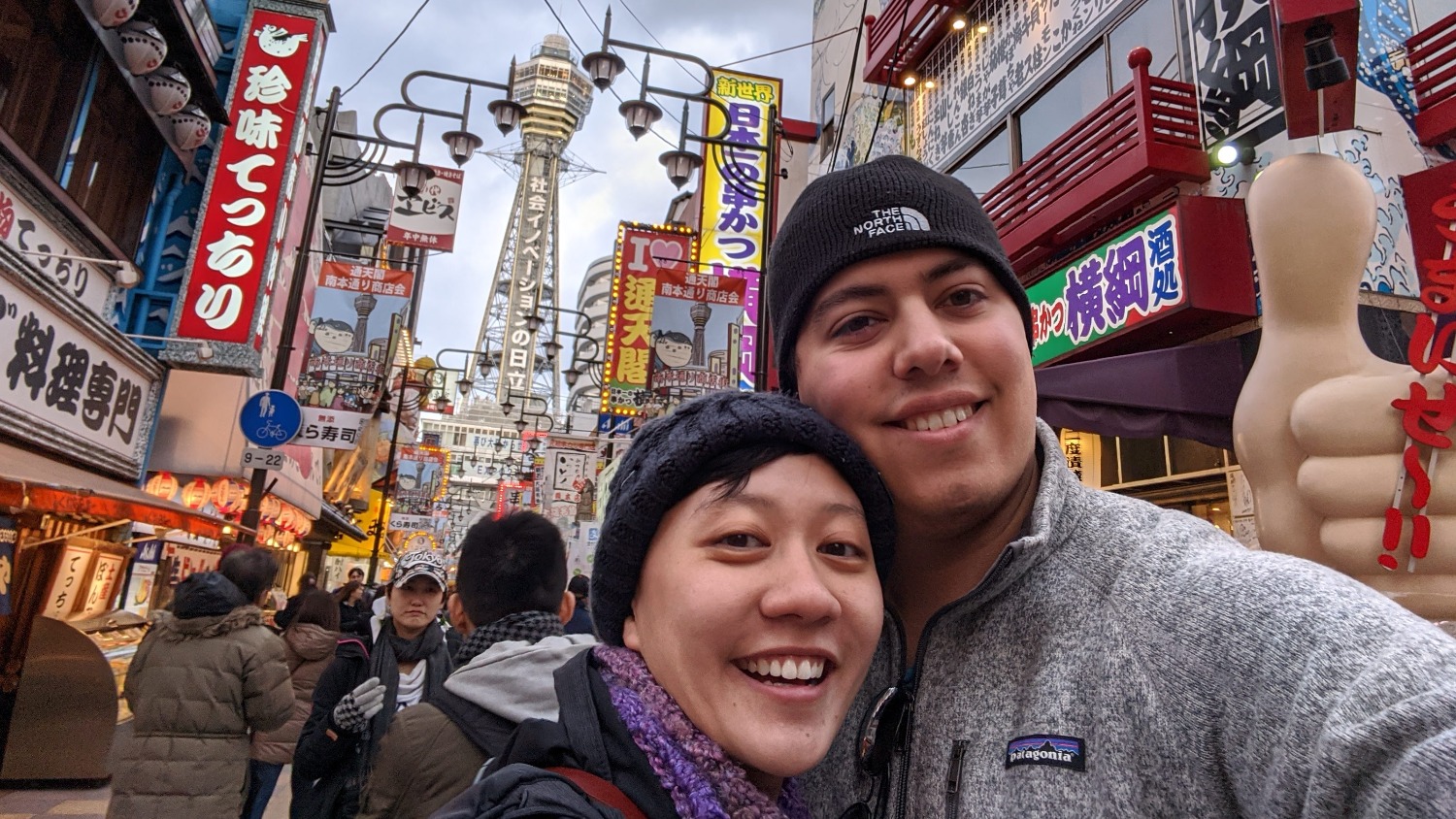Alumni Spotlight: Deanna Metivier

Deanna Metivier, a 2016 Natural Resources Ecosystem Assessment alumna, is an Assistant Environmental Scientist at Burns and McDonnell, a full-service engineering, architecture, construction, environmental and consulting firm. As a consultant, she works for a variety of clients, including solar and utility companies. Even though the environmental field is very broad, she is able to her focus her work on wetlands and endangered species, which is especially important when a company does any maintenance on their utility lines or wants to build a new solar farm. It’s Metivier’s job to ensure that the company does not impact wetlands or endangered species during that process. Check out her journey from education to vocation, supported by scholarships like the Chancellor’s Leadership Scholarship, Phillip B. Jackson Memorial Scholarship, Edwin F. Conger Academic Scholarship and Joseph J. Jarvis Endowed Scholarship.
What is a typical day like for you?
Depends on the day! Some days I may be in the field inspecting utility
lines with contractors and discussing how we would access structures without impacting wetlands, sensitive environments and other natural resources. Other days I may be in the office making GIS maps depicting endangered species populations in relation to our utility lines. There is a ton of coordination in my position between different stakeholders like utility companies, contractors, Massachusetts/Connecticut Department of Environmental Protection, local land trusts, cities/town governments, Department of Transportation and the Army Corp of Engineers, so a lot of my job is project tracking and working in excel.
What do you enjoy most about your current position?
My favorite part about my current job is that every day is different! Some days I’m in the field ensuring that contractors are following environmental rules and obeying the turtle protection plan my team developed. Some days I’m making maps in GIS. Some days I’m in meetings with the Massachusetts/Connecticut Department of Environmental Protection figuring out how to streamline our permitting process. It’s never boring and there is always something new to learn!
What is your best memory of the College of Natural Resources or NC State?
Being part of the CNR Ambassadors for sure! Especially this time of year, Shack-a-thon comes to mind, where we would help build a log cabin in the Brickyard. Breaking the fundraising goal for Shack-a-Thon is one of my favorite memories.
What was your favorite College of Natural Resources class?
My favorite class is a tie between Dr. Gary Blank’s Environmental Impact Assessment course and Dr. Thomas Easley’s USC 110 course.
What did you enjoy most about being a College of Natural Resources student?
The community is the best part. The College of Natural Resources feels like a family! That sense of community is rare and the College of Natural Resources will always feel like home to me.
Did you complete any hands-on experiences like internships, study abroad, co-ops or undergraduate research?
I studied abroad the summer after freshman year, worked in a few different labs throughout college and completed a research internship at NOAA the summer before my senior year. These types of experiences are great because they give you things to talk about during your job interviews, build your resume and help you network with professionals.
Were you involved in any clubs, hobbies or on-campus activities?
I was in the Women In Science and Engineering Village my freshman year, the EcoVillage my sophomore year, and was a CNR Ambassador sophomore year through senior year. I was also the Co-Coordinator of the CNR Ambassador program my senior year. I think taking on a leadership role was one of the best things I did for my professional development.
Any advice for incoming College of Natural Resources students?
GET INVOLVED. Don’t just go to class and go back to your dorm room. There are tons of fun clubs and organizations you can get involved in that will truly enhance your college experience.
Also, try a ton of different things and figure out what you enjoy doing. Do you like working outside? In a lab? Do you like doing research? Do you like working on sites involving environmental contamination and clean up? Do you like working on projects involving tree and plant ID and wetland delineations? If you can figure this out in college, it will make the beginning of your career easier.
What was the most important thing that you learned as a College of Natural Resources student?
The Natural Resources degree emphasizes communicating with multiple stakeholders in many of the classes, especially Dr. Blank’s and Dr. Bob Abt’s classes, and I think that is a really valuable skill that I use every day.
How do you feel the College of Natural Resources prepared you for your current career?
The Natural Resources degree translates PERFECTLY into my current job. I work with a lot of other people with different majors, and it’s evident that the Natural Resources degree gives you the technical skills, communication skills and environmental policy background to be thoroughly prepared.
Do you have any career accomplishments you are particularly proud of?
My boss has said he’s never met anyone who knows trees like I do. Dendrology is a tough course, but people who have that skill really stand out. Also, my current company is number 16 on Fortune’s Top 100 Companies to work for. Obviously, that’s not a personal accomplishment, but I am proud to work here!
How did you choose your major and what attracted you to the program at NC State?
I knew I was interested in the environment and wanted a hands-on degree, but I didn’t want to specialize in forestry, wildlife or anything specifically. I liked the broad aspect of the Natural Resources degree and that I could learn about multiple environmental topics. I also feel that this made me very employable. I really loved the community aspect of the College of Natural Resources and was shocked that I found that at a huge university.
Is there any personal information you would like to share with students?
I think a lot of students in environmental programs want to work for conservation organizations and local land trusts like The Nature Conservancy, EPA, etc., which is awesome! But, I think more students should consider the private sector. There are tons of great, satisfying jobs in this field that I didn’t consider until late in my college career.
Anything else you would like to say about CNR, NC State, your career, your experiences, etc.?
Appreciate your four(+) years in the College of Natural Resources. They go by way too quickly!
- Categories:



